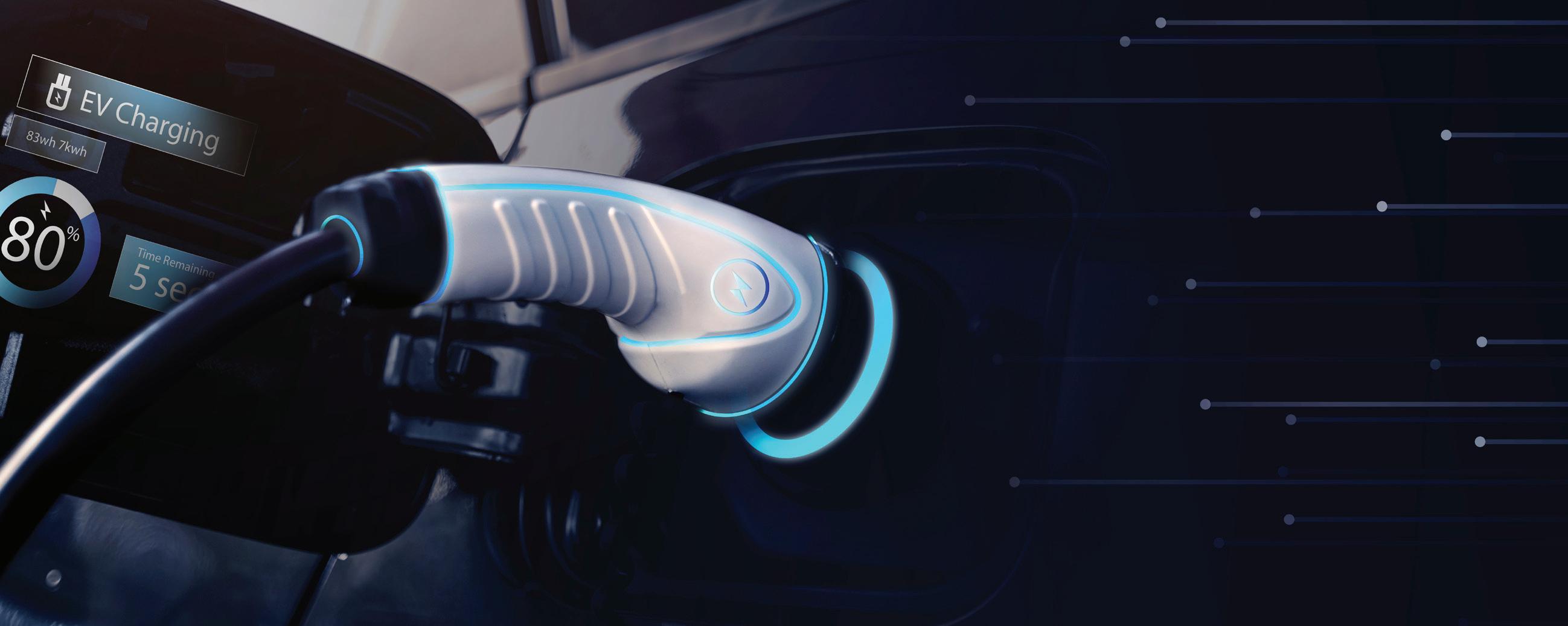
1 minute read
REAL ESTATE corner
Chances are you or someone you know has finally taken the plunge and purchased an electric vehicle. Bravo! Better for the planet and now possibly better for your pocketbook, too. Demand for EVs is growing, with plug-in cars expected to make up 23 percent of all new passenger vehicle sales globally in 2025. Experts predict that by 2030, 40 percent of all cars sold will be electric and by 2035, the number will reach 80 percent. Seems everyone will soon be going electric.
Tesla and Toyota, of course, have been the leaders in the electric and hybrid markets. But virtually all automakers are now increasing production of EVs. BMW is set to introduce a dozen new models by 2025. Honda and GM are joining forces to produce millions of more affordable EVs in 2027. Mercedes has stated that all of its newly launched platforms will be electric-only beginning in 2025. With all this new competition comes a decrease in prices. Good for the consumer! In addition, Congress recently announced tax credits of up to $7,500 on electric car purchases that sell for less than $55,000, spurring Tesla and Ford to drop prices.
But just how convenient is it to charge an electric vehicle? Charging your EV at home at night is the easiest and least expensive option. EV owners do need to learn charging station locations and plan out road trips, plotting out charging stops along the way (there are apps for this). There are currently more than 160,000 EV charging stations in the U.S. and more and more are being built. Tesla has recently agreed to open up its system of chargers to non-Tesla EVs broadening the charging landscape. An effort is also being made to standardize the plugs at stations.
The yearly cost of owning an electric vehicle may even be less than half the cost of owning a gas-powered car, considering lower EV maintenance costs and rising or fluctuating gas prices, according to Energysage.com. The cost for a full charge can vary greatly, as can the time to charge, from the fastest of 20 minutes to an hour, to 4 to 10 hours, to the slowest of 40 to 50 hours from empty. Overall, decreased price, increased production, and easier access to charging stations has made electric vehicles more and more appealing to consumers. Now may be the time to check one out if you haven’t already.




